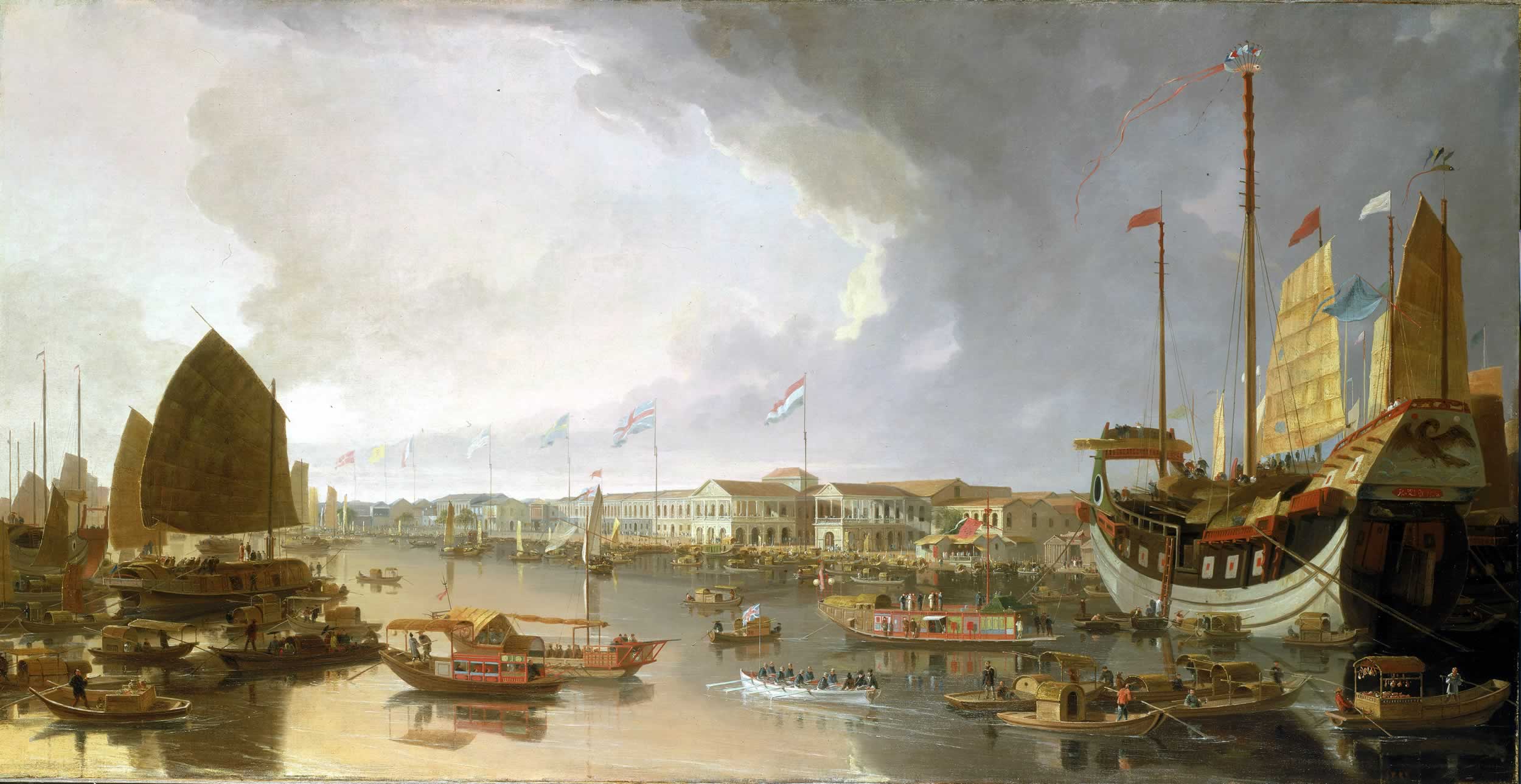|
Opium War (other)
The Opium Wars refer to the mid-1800s conflicts between Western powers and China including the First Opium War (1839–1842) and the Second Opium War (1856–1860). Opium War(s) or The Opium War(s) may also refer to: * 1967 Opium War, conflict between marooned elements of the Kuomintang (Chinese Nationalist Party) and the Kingdom of Laos * The Opium War (film), ''The Opium War'' (film), a 1997 Chinese film about the First Opium War or about the collective two wars in China * Opium War (2008 film), ''Opium War'' (2008 film), a 2008 Afghan film about opium farming and conflict in modern Afghanistan {{disambig ... [...More Info...] [...Related Items...] OR: [Wikipedia] [Google] [Baidu] |
Opium Wars
The Opium Wars () were two conflicts waged between China and Western powers during the mid-19th century. The First Opium War was fought from 1839 to 1842 between China and Britain. It was triggered by the Chinese government's campaign to enforce its prohibition of opium, which included destroying opium stocks owned by British merchants and the British East India Company. The British government responded by sending a naval expedition to force the Chinese government to pay reparations and allow the opium trade. The Second Opium War was waged by Britain and France against China from 1856 to 1860, and consequently resulted in China being forced to legalise opium. In each war, the superior military advantages enjoyed by European forces led to several easy victories over the Chinese military, with the consequence that China was compelled to sign the unequal treaties to grant favourable tariffs, trade concessions, reparations and territory to Western powers. The two conflicts, ... [...More Info...] [...Related Items...] OR: [Wikipedia] [Google] [Baidu] |
First Opium War
The First Opium War ( zh, t=第一次鴉片戰爭, p=Dìyīcì yāpiàn zhànzhēng), also known as the Anglo-Chinese War, was a series of military engagements fought between the British Empire and the Chinese Qing dynasty between 1839 and 1842. The immediate issue was the Chinese enforcement of their ban on the opium trade by seizing private opium stocks from mainly British merchants at Guangzhou (then named ''Canton'') and threatening to impose the death penalty for future offenders. Despite the opium ban, the British government supported the merchants' demand for compensation for seized goods, and insisted on the principles of free trade and equal diplomatic recognition with China. Opium was Britain's single most profitable commodity trade of the 19th century. After months of tensions between the two states, the Royal Navy launched an expedition in June 1840, which ultimately defeated the Chinese using technologically superior ships and weapons by August 1842. The British ... [...More Info...] [...Related Items...] OR: [Wikipedia] [Google] [Baidu] |
Second Opium War
The Second Opium War (), also known as the Second Anglo-Chinese War or ''Arrow'' War, was fought between the United Kingdom, France, Russia, and the United States against the Qing dynasty of China between 1856 and 1860. It was the second major conflict in the Opium Wars, which were fought over the right to import opium to China, and resulted in a second defeat for the Qing and the forced legalisation of the opium trade. It caused many Chinese officials to believe that conflicts with the Western powers were no longer traditional wars, but part of a looming national crisis. On 8 October 1856, Qing officials seized the ''Arrow'', a British-registered cargo ship, and arrested its Chinese sailors. The British consul, Harry Parkes, protested, upon which the viceroy of Liangguang, Ye Mingchen, delivered most of the sailors to the British on 22 October, but refused to release the rest. The next day, British gunboats shelled the city of Canton. The British government decided to seek ... [...More Info...] [...Related Items...] OR: [Wikipedia] [Google] [Baidu] |
1967 Opium War
The 1967 Opium War took place in northwestern Laos between February and August 1967; actual fighting took place from 29 July to 1 August 1967. A mule train, led by Burmese militia, carrying 16 tons of opium crossed into Laos to Ban Khwan, where they were attacked by rival drug smugglers from the Chinese Nationalists' Third and Fifth Armies. The intended recipient of the shipment, Royal Lao Army General Ouane Rattikone, bombed both sides while moving in troops to sweep the battlefield. With both Burmese militia and Nationalist Chinese defeated and expelled from Laos, the Lao general confiscated the opium for himself. With this supply of raw opium base, plus his greater grasp on the drug trade, Ouane's refineries began to ship their heroin worldwide. He also supplied this injectable heroin to his allies – U.S. troops in the Vietnam War. Background As World War II ended, the French found themselves embroiled in the First Indochina War. On 23December 1950, the United States sign ... [...More Info...] [...Related Items...] OR: [Wikipedia] [Google] [Baidu] |
The Opium War (film)
''The Opium War'' (鸦片战争) is a 1997 Chinese historical epic film directed by Xie Jin. The winner of the 1997 Golden Rooster and 1998 Hundred Flowers Awards for Best Picture, the film was screened in several international film festivals, notably Cannes and Montreal. The film tells the story of the First Opium War of 1839–1842, which was fought between the Qing Empire of China and the British Empire, from the perspectives of key figures such as the Chinese viceroy Lin Zexu and the British naval diplomat Charles Elliot. Unlike other films of the same era, ''The Opium War'' was endorsed by the government as culturally and historically significant. According to most critics, the film is factually correct in its essentials. With a budget of $15 million (USD), ''The Opium War'', was the most expensive film produced in China at the time of its release. Conceived to celebrate the handover of Hong Kong to China, it premiered in July 1997. Plot Qing Dynasty official Lin Z ... [...More Info...] [...Related Items...] OR: [Wikipedia] [Google] [Baidu] |


